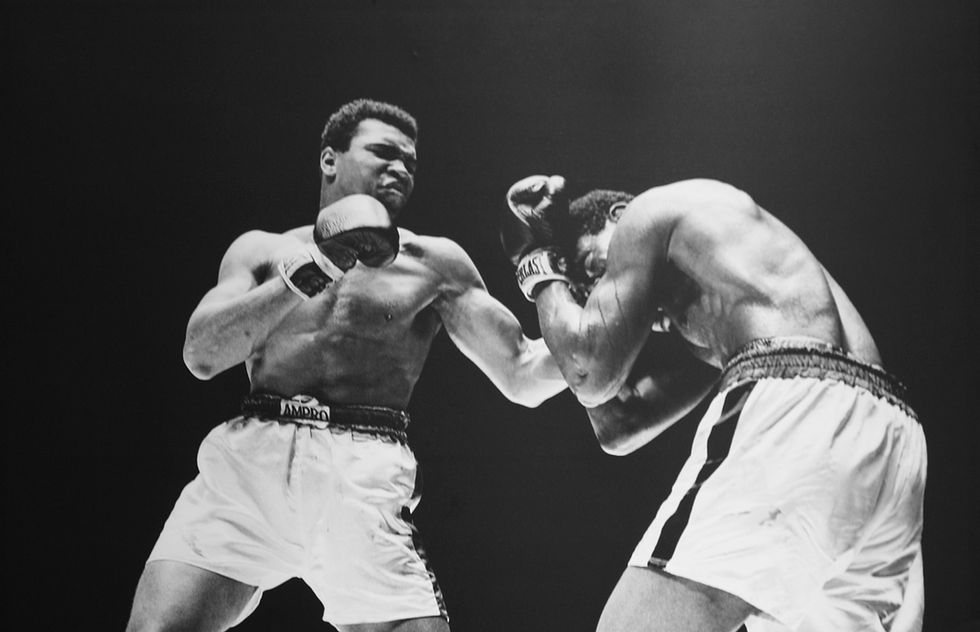Imagine this: You're watching the Olympics. You see all these amazing athletes that are the best of the best in their respective sports. You think to yourself, "I could never do that!" But is that because you feel you don't have the talent? Or because you don't have the time to dedicate to it?
More often than not, we react negatively to someone who is really great at something. Instead of letting it inspire us, it makes us feel negative about ourselves. "I'll never be that good at anything," we think to ourselves.
What if I told you that success doesn't depend solely upon talent? What if I said that you can be successful at anything you put your mind to?
Carol Dweck is the world's leading researcher on motivation. Based on her findings, she believes that many of us stick to the things we succeed in quickly. We don't work on things we're not good at because we view "talent" as a deciding factor in success. If we try something once and it doesn't come easily to us, we assume that it's something we will never be good at, and we stop trying.
Dweck's research separates the way people think about success and talent into two different categories: A fixed mindset and a growth mindset. A fixed mindset is one that many people have. They may be very good at what they do, but they often never reach their full potential because they think that if they aren't good at something right away, they will never be able to do it. These people feel that they have to be absolutely flawless, which can easily wear down your drive to continue pushing on.
On the other end of the spectrum, a growth mindset is the mindset of someone who shows resilience. When they don't immediately succeed at something, they brainstorm ways that they can be successful the next time. They keep trying. They view every failure as an opportunity to learn, rather than letting that failure lead them to believe that they just aren't good at that thing.
If you're thinking about yourself right now and you're starting to get worried because you think you have a fixed mindset, don't worry! Just like nearly everything else, a mindset can be changed.
Dweck created a program for our children, called Brainology®. Brainology® uses interactive lessons about the psychology of the brain to teach kids that intelligence is malleable and can be improved through learning and practice.
Although most of Dweck's research has been regarding children, we can take her findings and apply them to adults as well. For example, take the comparison of tennis player John McEnroe and boxer Muhammad Ali.
McEnroe admitted time and time again that he had a fixed mindset. If he lost, he blamed it on everything but himself. He would even avoid the situation again if he could. If he didn't win every match, it wore on his self-worth, so he often gave up. This held him back from reaching his full potential. He never learned anything from his failures.
Ali, on the other hand, developed and cultivated a growth mindset. This mindset helped him to become as great as he could be. Boxing experts determine if a boxer is a "natural" by physical measurements, like fist size and reach, among other things. Ali failed all these measurements and wasn't considered to be a "natural" boxer. Because of this, Ali studied his opponents any way that he could, in order to understand how their minds worked. He used this information against them in the ring. He relied on his mental strength, rather than just his physical strength (like other boxers). This not only evened the playing field for him, but also helped him exceed his predicted potential.
While some people will have a greater aptitude for some things over others, intelligence is not entirely fixed and neither is talent. If you try a new task, take a new class, or get offered a promotion, don't shy away from the challenge to learn something new! If it was easy, it wouldn't be worth it. If you don't get it the first time, ask for help, try again, and push on. I truly believe that if you work hard enough on something, you can do whatever you set your mind to.
Learn to love learning again and be patient with yourself! The improvements you see in your own performance will astound you.

















